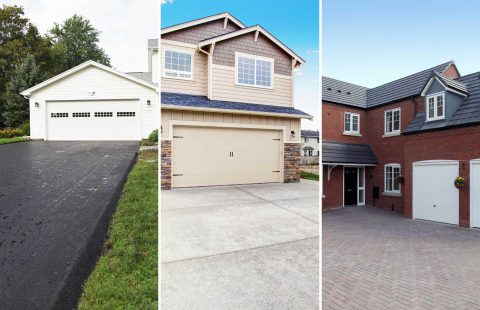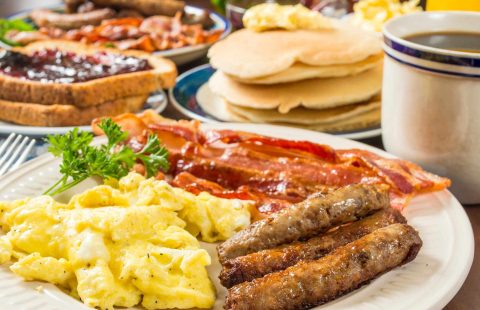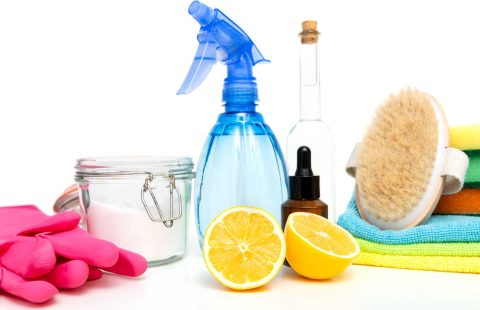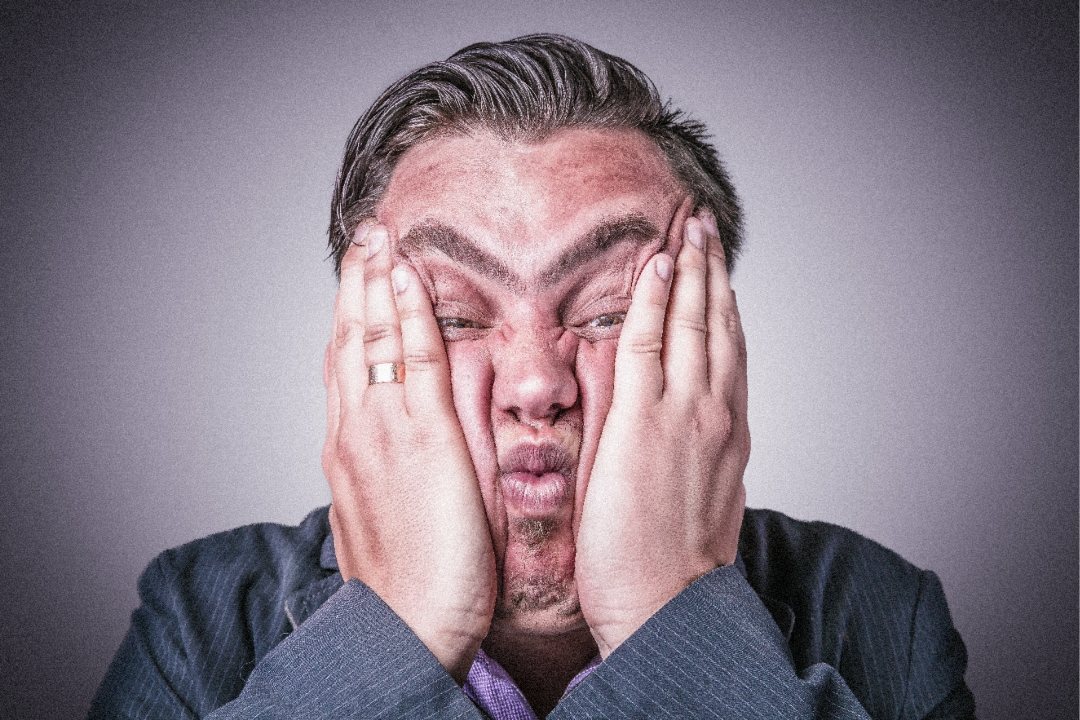Accomplishing financial stability is more related to discipline, structure and planning than the actual amount of dollars you make. Almost 50% of Canadians live pay cheque to pay cheque and it mainly because of bad spending habits, high debt and lack of financial discipline. Let’s go through some things you can do and things you should avoid in your 20’s to set yourself up for financial stability in your 30’s.
Don’t spend money you don’t have.
I know this seems straight forward but the moment you get a job and start earning a living you decide to get a credit card. A credit card is not free money. It needs to be used more as a tool to earn points and maybe process transaction where no other payment method is accepted. Being diligent and paying your credit card bills on time when you are just starting out is crucial. This will allow you to maintain a good credit score and have the opportunity to take a line of credit (much cheaper interest than credit card). when you really do need to borrow.
Don’t waste your money on a fancy car.
If you are the type of person that likes cars, it is very easy to design your budget around driving a nice car. Many people are able to fit those monthly payments within their budget, not thinking about what else that money can be used for. The difference between a nice car and an a modest car can be $200-$300 per month. Over 5 years, that difference can amount to a downpayment for condo or a house.
Start cooking
Eating out can get very expensive. Most Quick service or fast food meals will run you between $12-$18 per. Multiple this by 2-3times a day over 30 days, you realize that it is very easy to waste money eating out. Again, the difference between cooking and eating out can add up to over $600 per month.
Don’t hold of on buying a property.

I can’t stress this one enough. If you already are going to be spending money on rent, you might as well start building some equity. The long-term positives in owning a property outweigh any sacrifices you need to make in order to save for a downpayment. Hold of on driving that fancy car, having the newest and latest tech toys or eating out.
Talk to a financial advisor early.
Talk to a professional early. Financial advisors will not charge you for a conversation. Get advice on how to save on your first home purchase, what type of mortgage to get and how to consolidate your debt, if you have any.
Plan for unplanned expenses if owning a house
If you decide to buy a house as your first property, budget for unexpected maintenance, repairs and upgrades. A simple basement waterproofing can cost up to $20000 or more.
House










